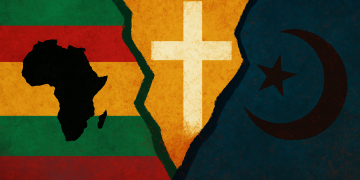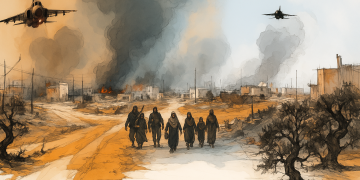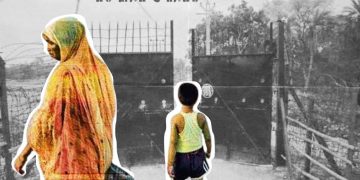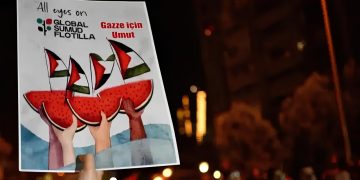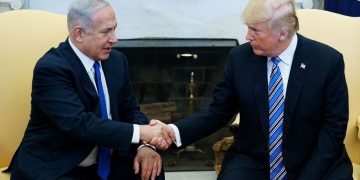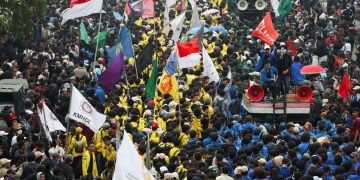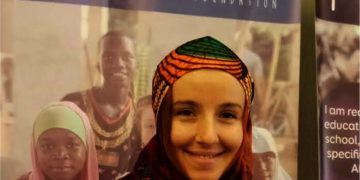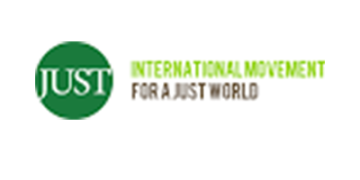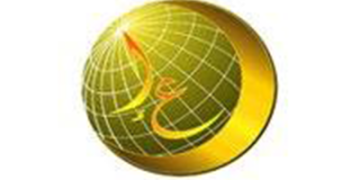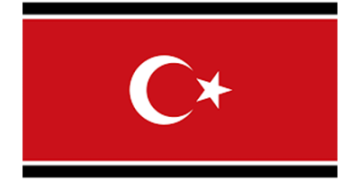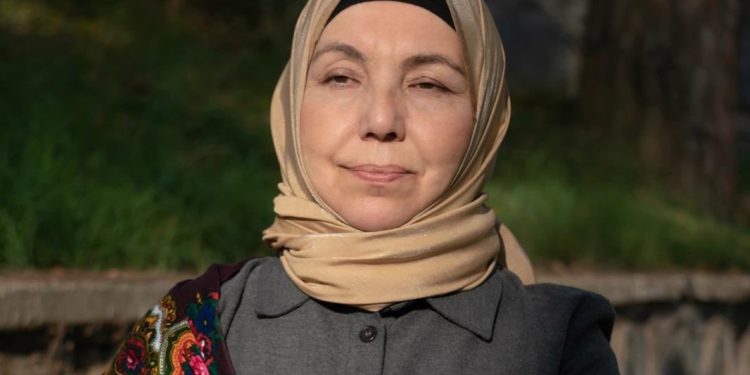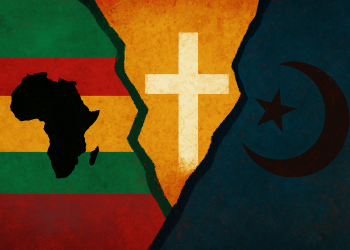You are having a conversation with a woman you do not know. In the conversation, you realize that she witnessed a long-standing war and emigrated because of the war. Which sentence of a woman that does not specify any nation, religion, ethnicity, or any identity would tell you she is “Palestinian?”
While dining at the Centre for Islamic Studies (İSAM), one of the two women sitting at the same table was saying to the other, “They attacked the mass grave where we buried our dead with a bulldozer, scattering the bodies of the martyrs around.” You immediately realize that she is Palestinian, from a country where experiments are conducted to see how much lower one can descend in evil. A global school for those who have difficulty understanding what is “asfal al-sāfilīn” (lowest of the low) and how necessary hell is.
Women around the world are subjected to various forms of suffering. In recent events, Palestinian women have been subjected to such atrocities right in front of our eyes. How should a woman living outside Palestine understand and support the joy, sorrow, and pain of a Palestinian woman?
First and foremost, one must realize that it is impossible for a woman to understand a Palestinian woman. We cannot comprehend a woman who lies down praying, “O Allah, may my children be left in one piece when we are bombed.” We cannot understand the multifaceted nature of the joy of a girl who rejoices, saying, “My mother, father, and all my siblings died. They all went to heaven.” We cannot understand the hundred components of a girl’s joy. Are we going to say, “Well then?” We can only focus on the oppressor and the oppression, and we can start working on all the ways to eliminate this evil through a collective humanitarian siege.
First and foremost, one must realize that it is impossible for a woman to understand a Palestinian woman.
What advice would you give to a housewife, student, working or non-working woman when she says, “I don’t have the power to do anything for a Palestinian woman. What can I do for them?”
We do not love each other; our hearts have drifted apart, we are divided and shattered. We need to start from here. We can begin by spreading greetings. We can start without blaming anyone, without tarnishing ourselves and our time with the insensitivity of others. Using all the languages we know, we can address the world with a vigilance that will not let the events fade away. Organizing a network of awareness focused solely on everyday life details is necessary. We must equip ourselves to contribute to the common salvation of humanity, as in the verse, “My prayer, my sacrifice, my life, and my death are all for Allah—Lord of all worlds.” The responsibility of being a servant should be at the center of our existence.
Using all the languages we know, we can address the world with a vigilance that will not let the events fade away.
Do you think international women’s organizations are fighting for Palestinian women, and what do you think this struggle should look like?
There are many segments of people from feminist women’s movements in the demonstrations in the US and Europe. Writers, poets, actors, singers, brave people who almost risked their careers. The dilemma was between remaining human or losing one’s essence; the choices have become clear. If we cannot even express our disapproval with heart, we are destined to be trapped in a brain-dead, drifting body. Of course, the pathetic white, colonialist, supremacist women’s organizations telling Muslim women what they should do and claiming to establish a moral ground for occupations are just watching. In a meeting I attended in New York in the past, while Israel was committing horrendous massacres, some were opening discussions titled “Domestic violence by Palestinian men.” When I suggested talking about the destruction of families and the killing of men and women there, they tried to silence me. Everyone knows and sees everything, but human is a being that makes choices.








